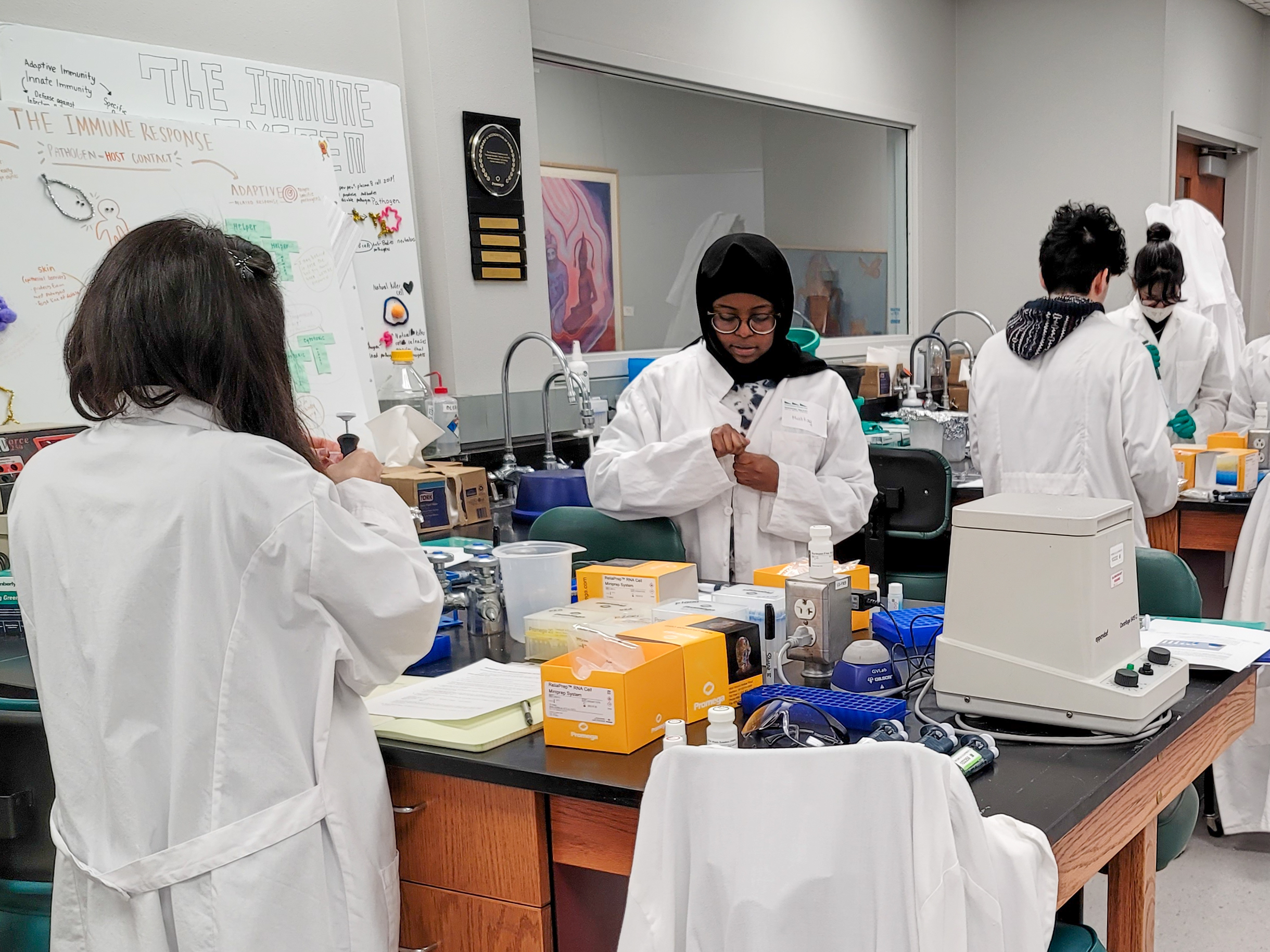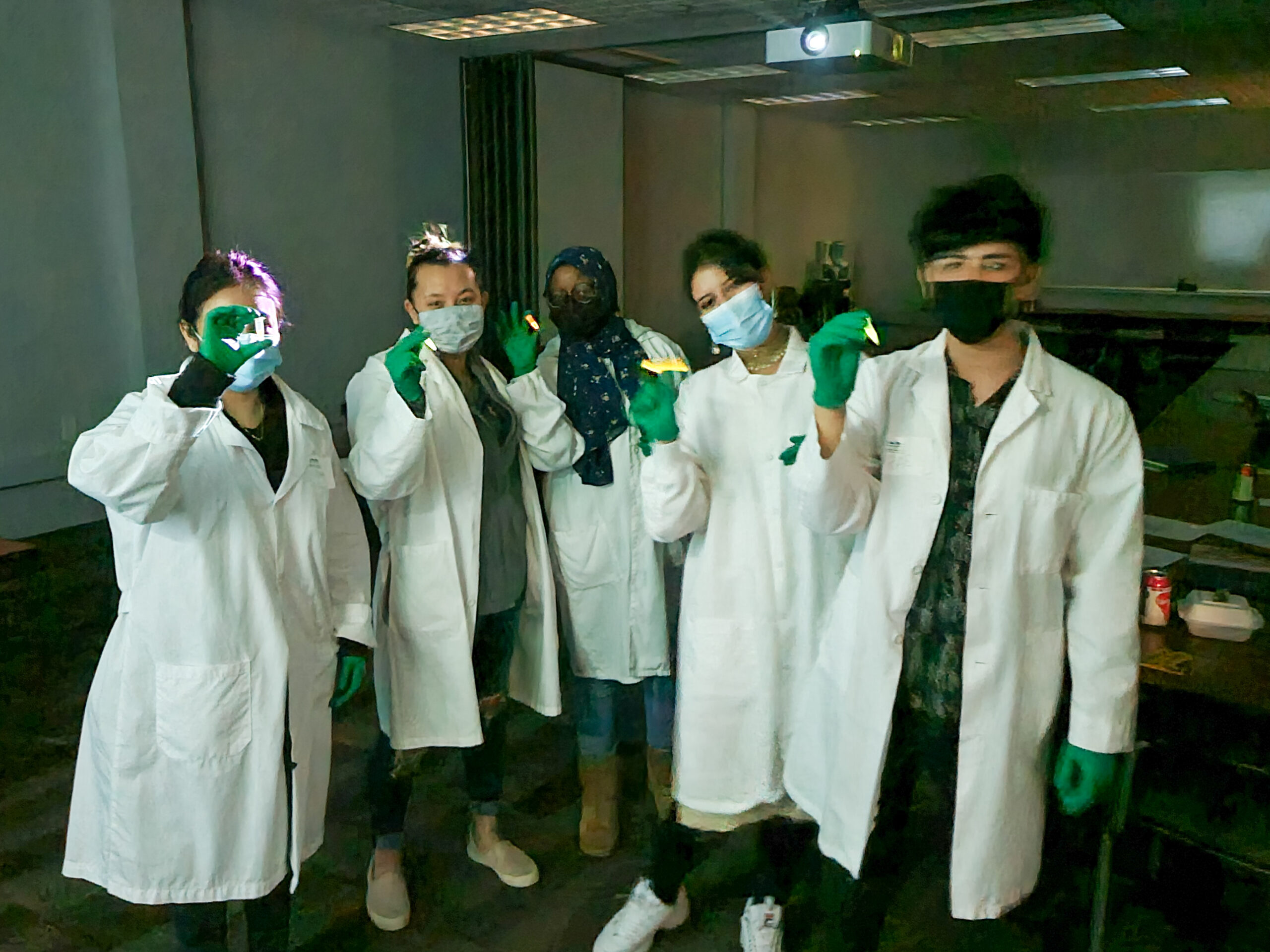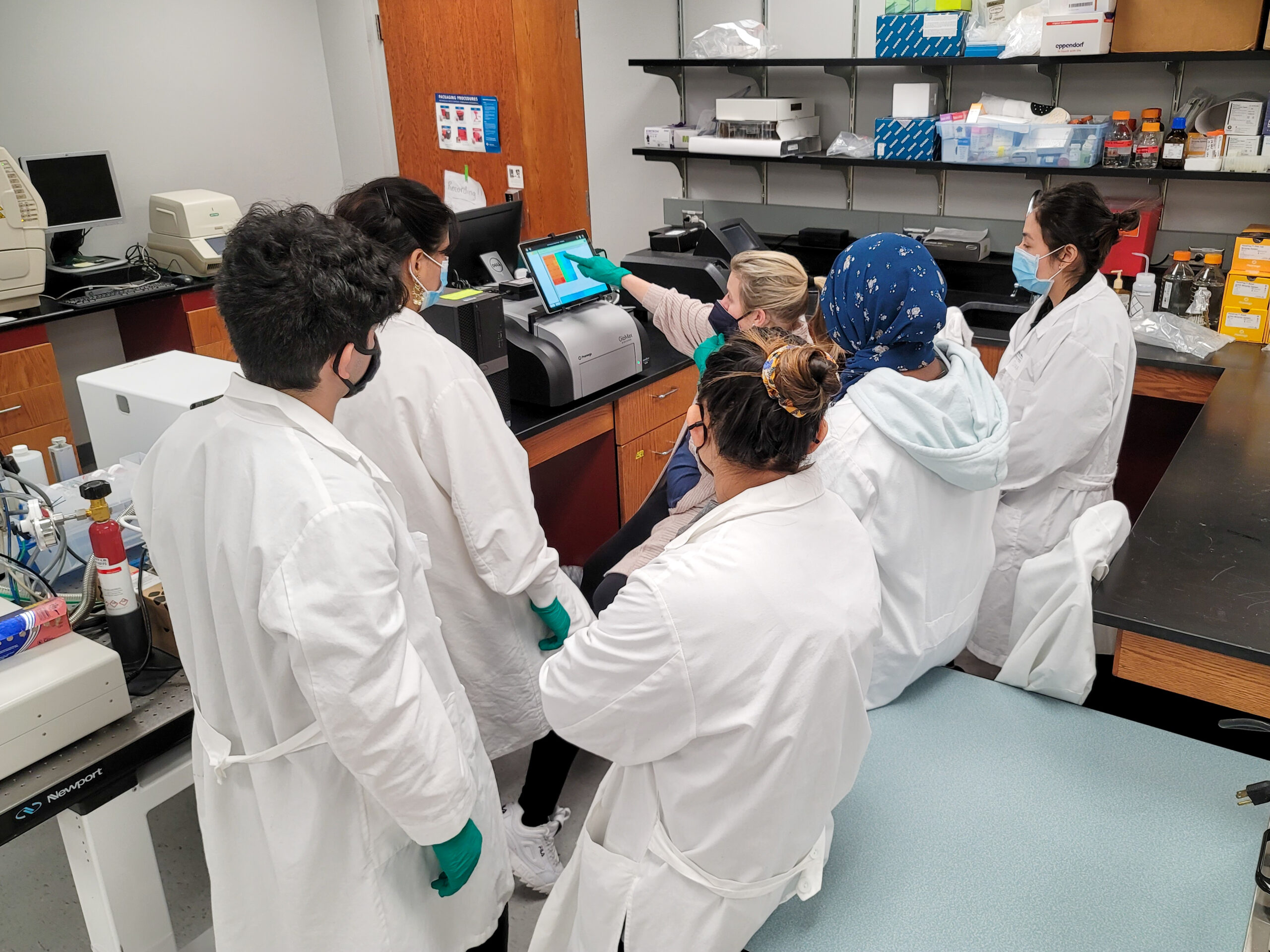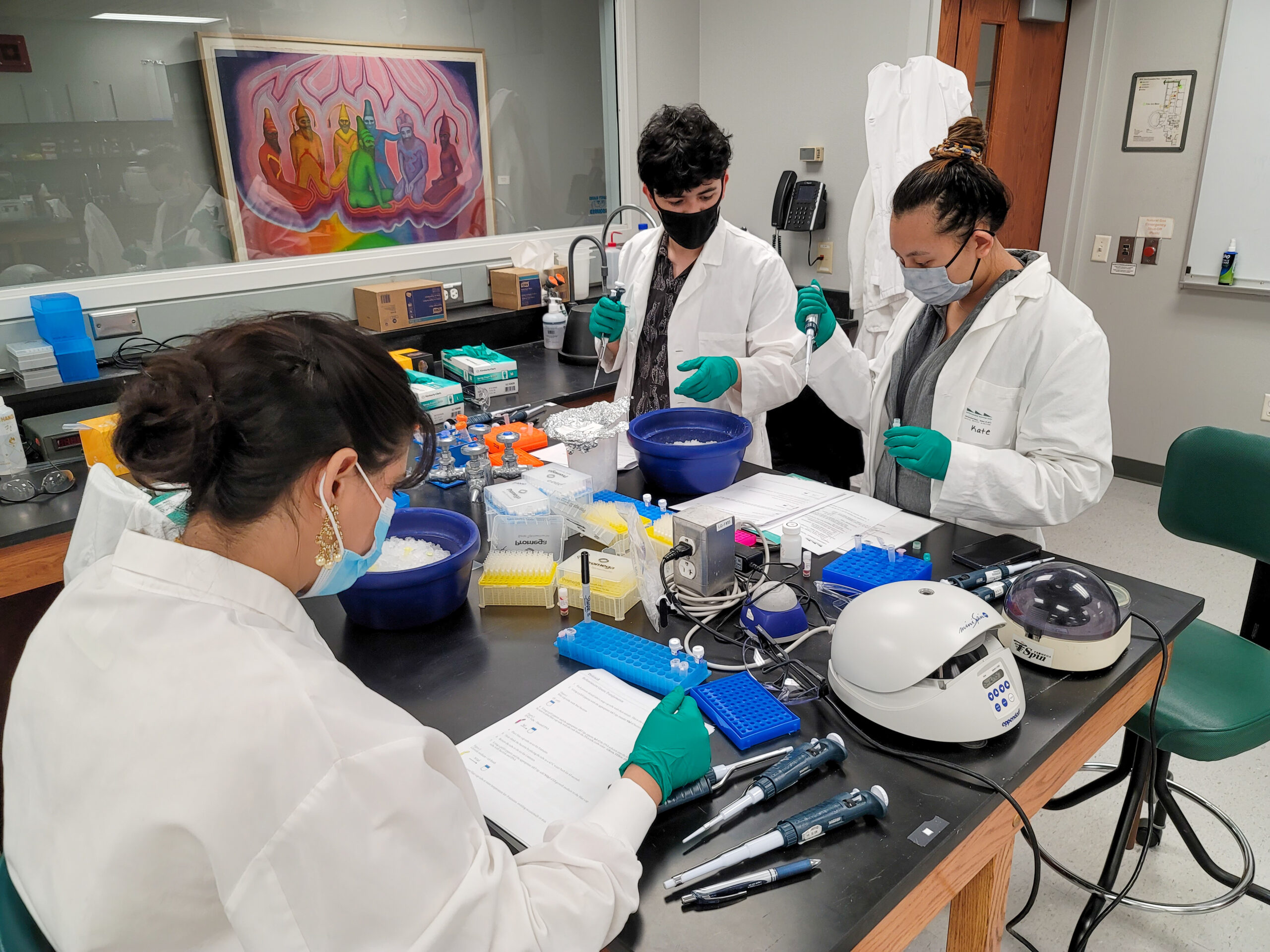
STEM scholars from UW–Madison’s Center for Educational Opportunity program (CeO) had a chance to get some firsthand lab experience and meet representatives from NASA last week during spring break.
From March 14 to 17 the undergraduate students went to the BTC Institute in Madison to practice their laboratory techniques in a real-world environment while also learning about the importance of clear communication in science, technology, engineering and math (STEM). Representatives from NASA took part as guest speakers, as well as Dr. Robert Morrow, a principal scientist from Sierra Nevada Corp., who lectured about using synthetic biology in developing life support systems in space.
The goal of the alternative spring break program from BioPharmaceutical Technology Center Institute (BTC Institute) is to create educational opportunities that support scientific understanding, develop key skills for securing a lab position in the future, and contribute to the success of the area’s biotechnology industry.
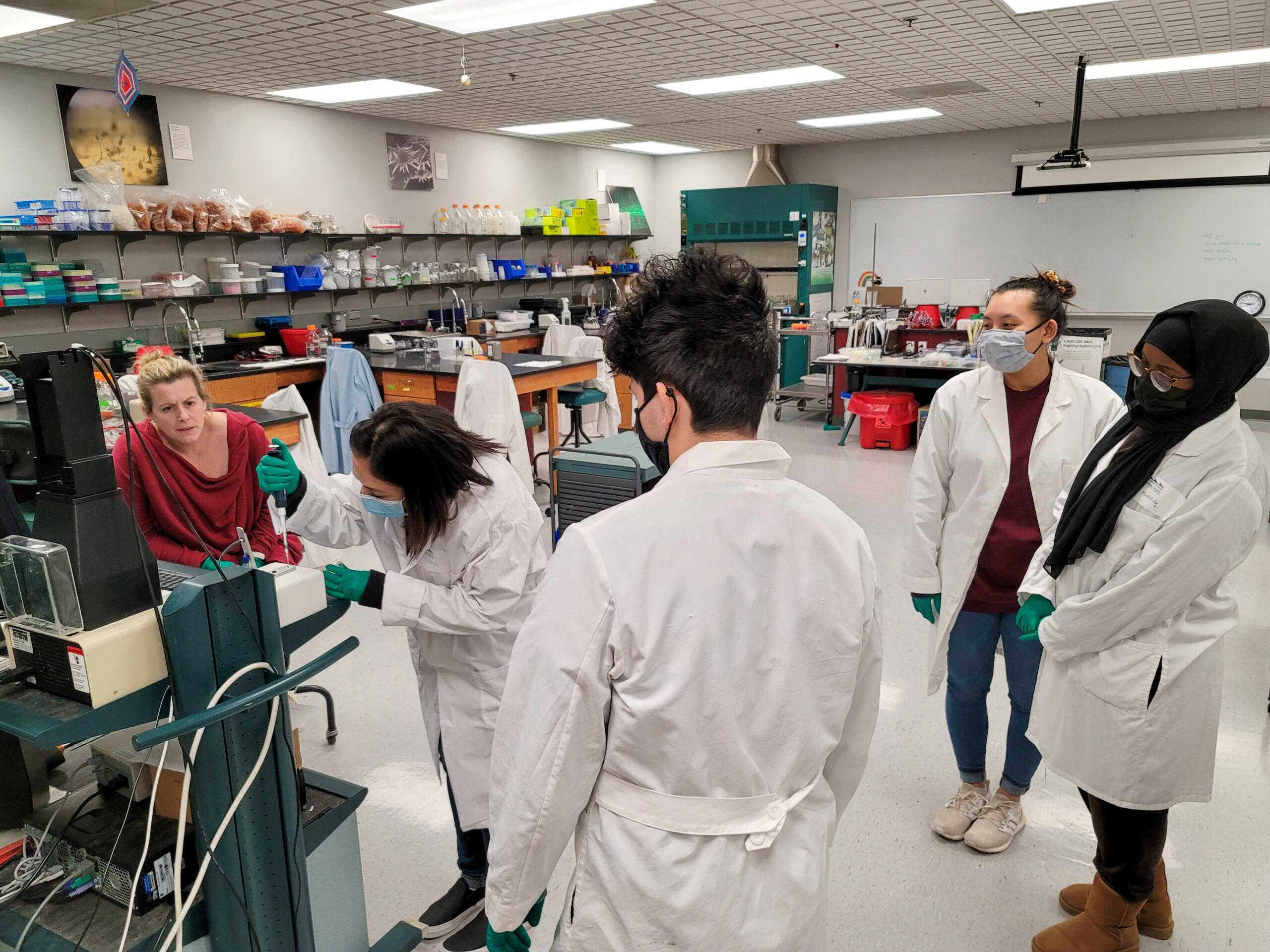
The participating students are enrolled in CeO’s Student Support Services-STEM (SSS-STEM) program, which provides academic tutoring, advising, and support to students studying in STEM fields who are first-generation, meet federal income guidelines, and/or have documented disabilities.
A federally funded TRIO program, the Center for Educational Opportunity has helped ensure equal access and opportunity, supported social-economic mobility, improved financial literacy, and fostered a supportive institutional climate for UW–Madison students since 1993.
The BTC Institute is a private, nonprofit foundation founded in 1993, which shares space with the Promega Corp. and has more than 20,000 square feet of space designated for educational, scientific and cultural purposes.
